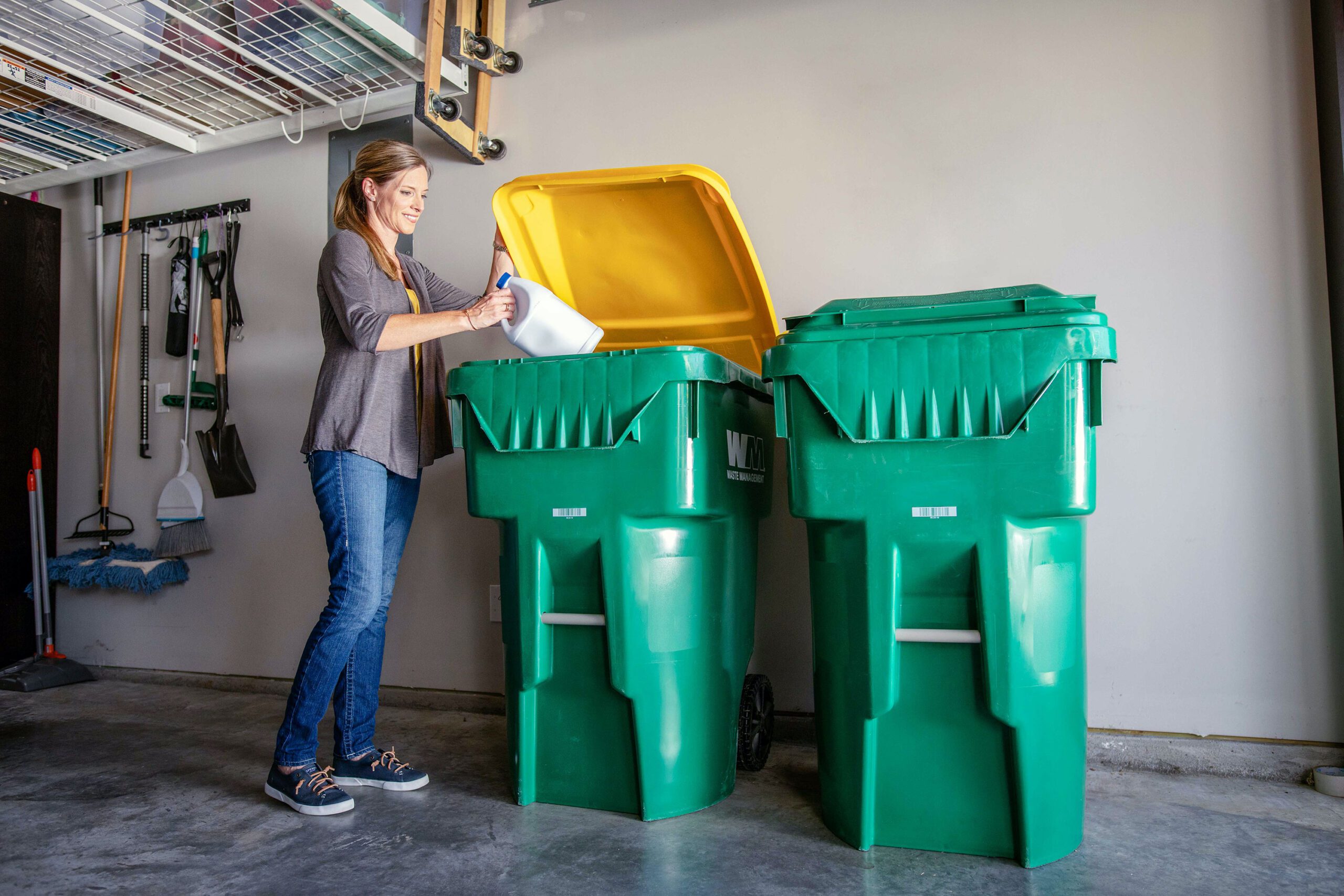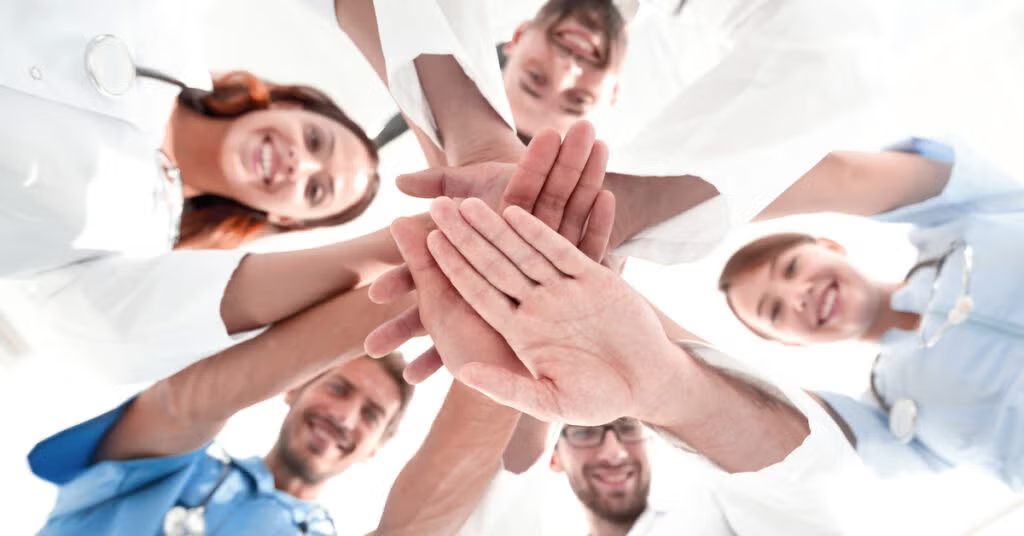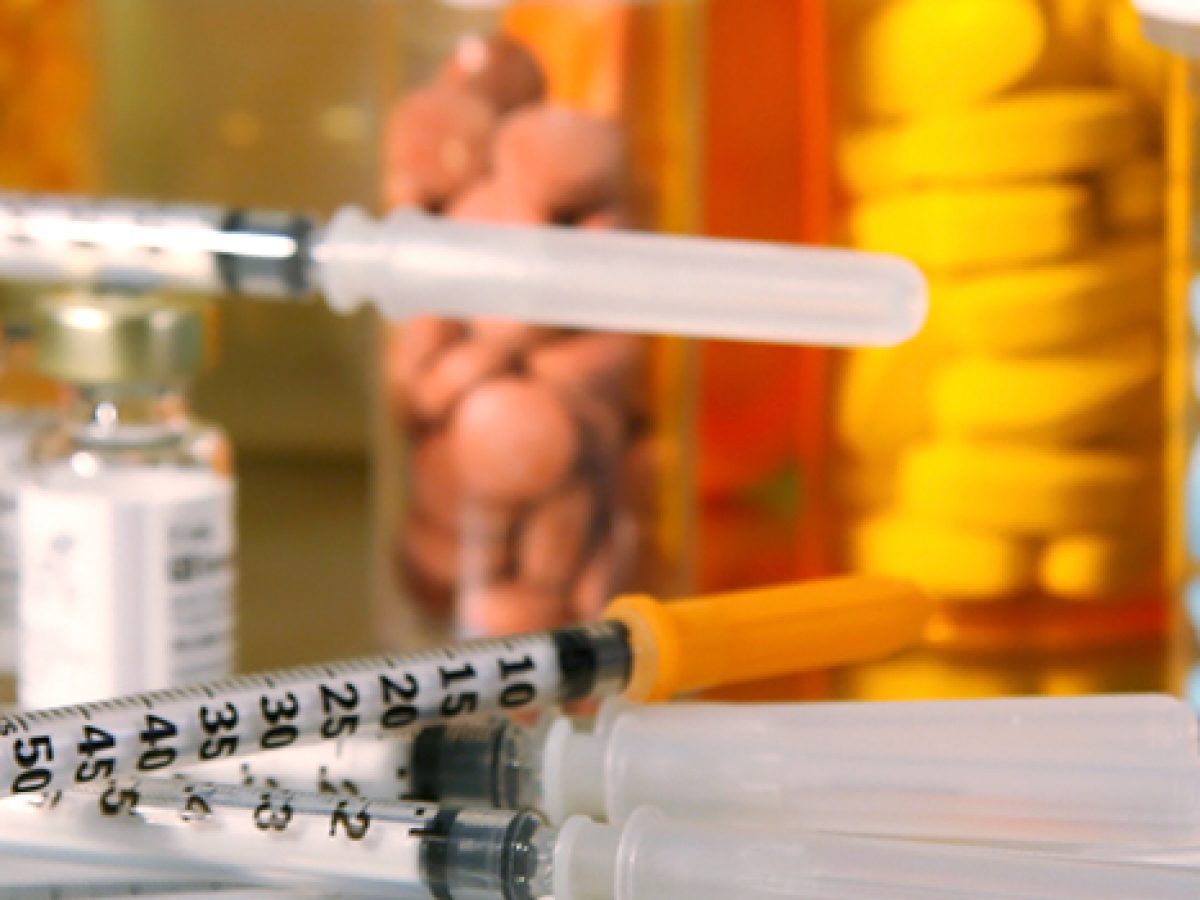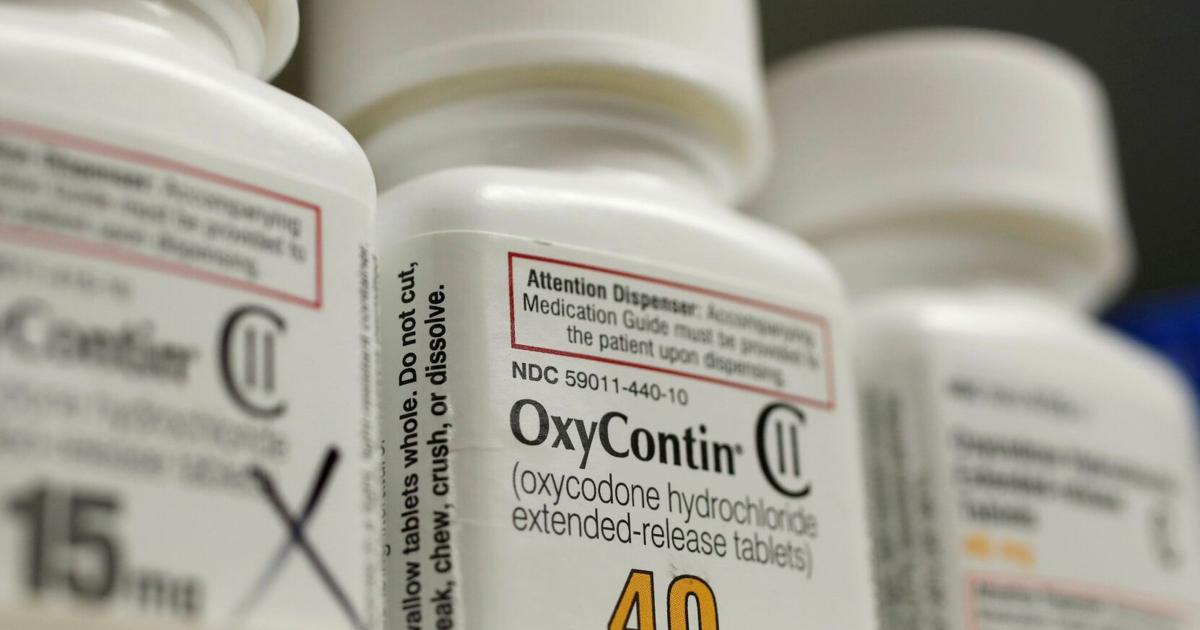Recycling plays a crucial role in safeguarding our environment, preserving valuable resources, and mitigating the effects of climate change. However, despite its widespread practice, many individuals unknowingly make mistakes that lead to contamination and inefficiencies in recycling systems. To truly maximize the impact of recycling, it’s essential to go beyond the basics and adopt informed, mindful, and proactive habits.
This comprehensive guide offers practical, expert-backed strategies to help you refine your recycling practices and make a meaningful difference in reducing waste and protecting our planet.
Why Does Recycling Matter?
Recycling offers significant environmental, economic, and social benefits. Here’s why it’s so important:
- Reduces Landfill Waste: The U.S. alone generates over 292 million tons of waste annually, with only about 32% being recycled. Effective recycling reduces the volume of waste sent to landfills, preserving land and minimizing pollution.
- Conserve Natural Resources: Recycling saves raw materials like trees, metals, and petroleum. For example, recycling one ton of paper saves 17 trees, 7,000 gallons of water, and enough energy to power a home for six months.
- Prevents Pollution: Recycling prevents harmful chemicals from entering ecosystems. For example, improper disposal of e-waste can release toxic substances like lead and mercury into soil and water.
- Reduces Carbon Emissions: Manufacturing from recycled materials uses significantly less energy than creating new materials. For instance, producing aluminum from recycled cans saves up to 95% of energy compared to making it from raw ore.
- Reduce Regulated Waste: Like biomedical wand biohazard waste.
Step 1: Understand Your Local Recycling Guidelines
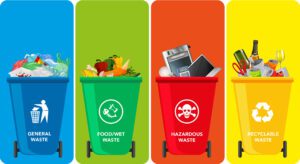
One of the most common mistakes is recycling without understanding your local program’s rules. Recycling systems vary widely, and what is accepted in one area might not be in another.
- Research Local Programs: Visit your city or county’s waste management website to review specific guidelines. Some programs accept only certain plastics or restrict items like glass.
- Download Apps: Use recycling apps such as iRecycle or your local waste management app for quick guidance.
- Avoid Wishcycling: Throwing items in the recycling bin “just in case” can contaminate entire loads. If you’re unsure, it’s better to leave it out.
Step 2: Properly Prepare Your Recyclables
Recycling contamination is a major challenge, and it often stems from improperly prepared items.
- Rinse and Clean: Food containers must be free of residue before recycling. For example, wash jars, rinse cans, and scrape out stubborn residues like peanut butter.
- Dry Materials Thoroughly: Wet items like soggy cardboard can degrade and become unrecyclable. Keep recyclables dry by storing them in a clean, moisture-free area.
Step 3: Learn What Can and Cannot Be Recycled
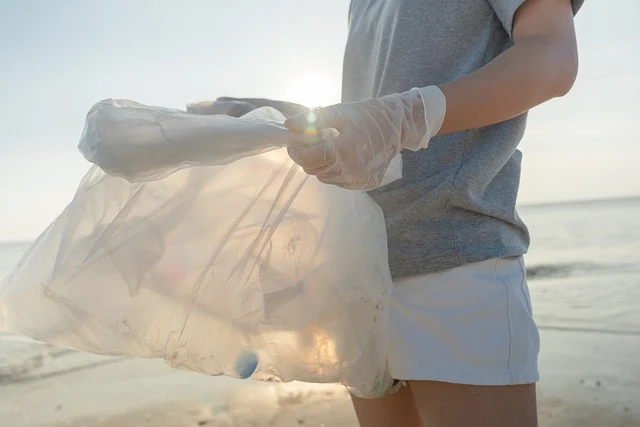
Some items that seem recyclable can cause significant issues for recycling facilities. Here’s what to keep in mind:
- What You Can Recycle:
- Plastics: Check for plastics labeled #1 (PET) and #2 (HDPE), which are widely accepted.
- Paper and Cardboard: Clean, dry paper products and flattened cardboard boxes are ideal for recycling.
- Metal: Aluminum cans, tin cans, and steel items can almost always be recycled.
- Glass: Many programs accept glass jars and bottles, but it’s best to confirm with your local facility.
- What You Should Avoid:
- Plastic Bags: These often tangle in recycling machinery. Return them to store drop-off points instead.
- Greasy or Contaminated Items: Pizza boxes, unless clean, and disposable plates should go in the trash.
- Mixed Materials: Items like bubble mailers with plastic and paper layers require specialized recycling.
Step 4: Expand Recycling Beyond the Bin
Household recycling bins handle only a fraction of recyclable materials. Look for programs that accept specialty items.
- E-Waste Recycling: Electronics like phones, batteries, and chargers contain valuable metals but must be recycled through dedicated e-waste facilities. Many retailers, such as Best Buy, offer drop-off options.
- Textile Recycling: Clothing and fabric can be recycled through donation centers, second-hand stores, or textile recycling programs.
- Compostable Waste: Compost food scraps, leaves, and yard waste to reduce organic material in landfills while enriching soil with nutrients.
Step 5: Reduce and Reuse Before Recycling
The first two R’s of “Reduce, Reuse, Recycle” often have a more significant impact than recycling itself.
- Reduce Consumption: Minimize packaging waste by purchasing in bulk and opting for products with sustainable materials.
- Reuse Creatively: Turn glass jars into storage containers, repurpose old clothes as cleaning rags, and repair items instead of discarding them.
- Opt for Durable Goods: Replace single-use plastics like cutlery and straws with reusable alternatives made from stainless steel or bamboo.
Research underscores the power of focusing on reduction and reuse to amplify environmental benefits. According to the Environmental Protection Agency (EPA), recycling and composting alone prevented the release of approximately 193 million metric tons of carbon dioxide equivalent into the air in 2018—a testament to their effectiveness.
However, reducing consumption and reusing items can take this impact even further by cutting waste at the source. By making intentional choices, such as opting for products with minimal packaging or repurposing everyday items, we can significantly reduce the waste sent to landfills and lower greenhouse gas emissions. These efforts complement recycling, forming a holistic approach to sustainable living.
Step 6: Address Contamination Challenges
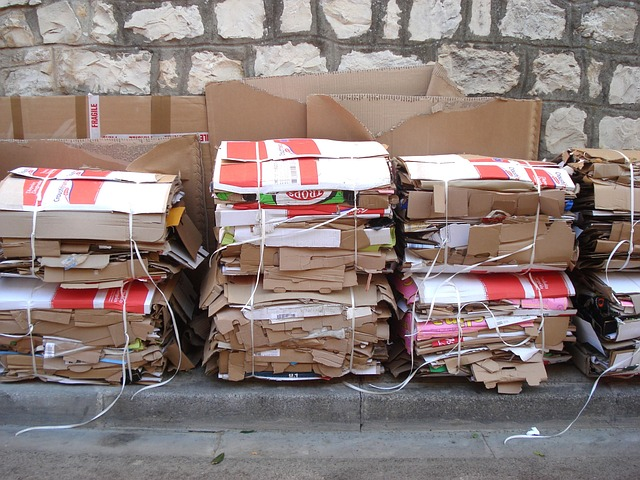
One of the largest obstacles to effective recycling is contamination. Even a small amount can render entire batches of recyclables unusable.
- Educate Yourself on Contaminants: Items like greasy pizza boxes, coffee cups with plastic linings, and broken glass are common offenders.
- Use Clear Plastic Bags When Required: Some programs require recyclables to be bagged. Ensure you’re using the correct type of bag to avoid rejection.
- Separate Caps and Lids: Some facilities process bottles and caps separately. Confirm the rules before recycling.
Step 7: Build Strong Recycling Habits
Consistency is key to becoming an effective recycler. By integrating small changes into your routine, you can make recycling second nature.
- Make Recycling Accessible: Place bins in high-traffic areas of your home, like the kitchen or office, and label them clearly.
- Educate Your Household: Share guidelines with family members or roommates to ensure everyone follows best practices.
- Set Goals: Track your household’s recycling output and aim to increase your diversion rate each month.
Step 8: Support Systemic Changes
While individual efforts matter, systemic reforms can amplify the impact of recycling.
- Advocate for Better Policies: Push for government programs that improve waste collection, implement Extended Producer Responsibility (EPR), and invest in advanced recycling technologies.
- Hold Corporations Accountable: Support businesses that prioritize sustainable packaging and avoid those that contribute to waste.
- Demand Innovation: Advocate for developments like chemical recycling, AI sorting systems, and biodegradable alternatives.
Step 9: Spread Awareness
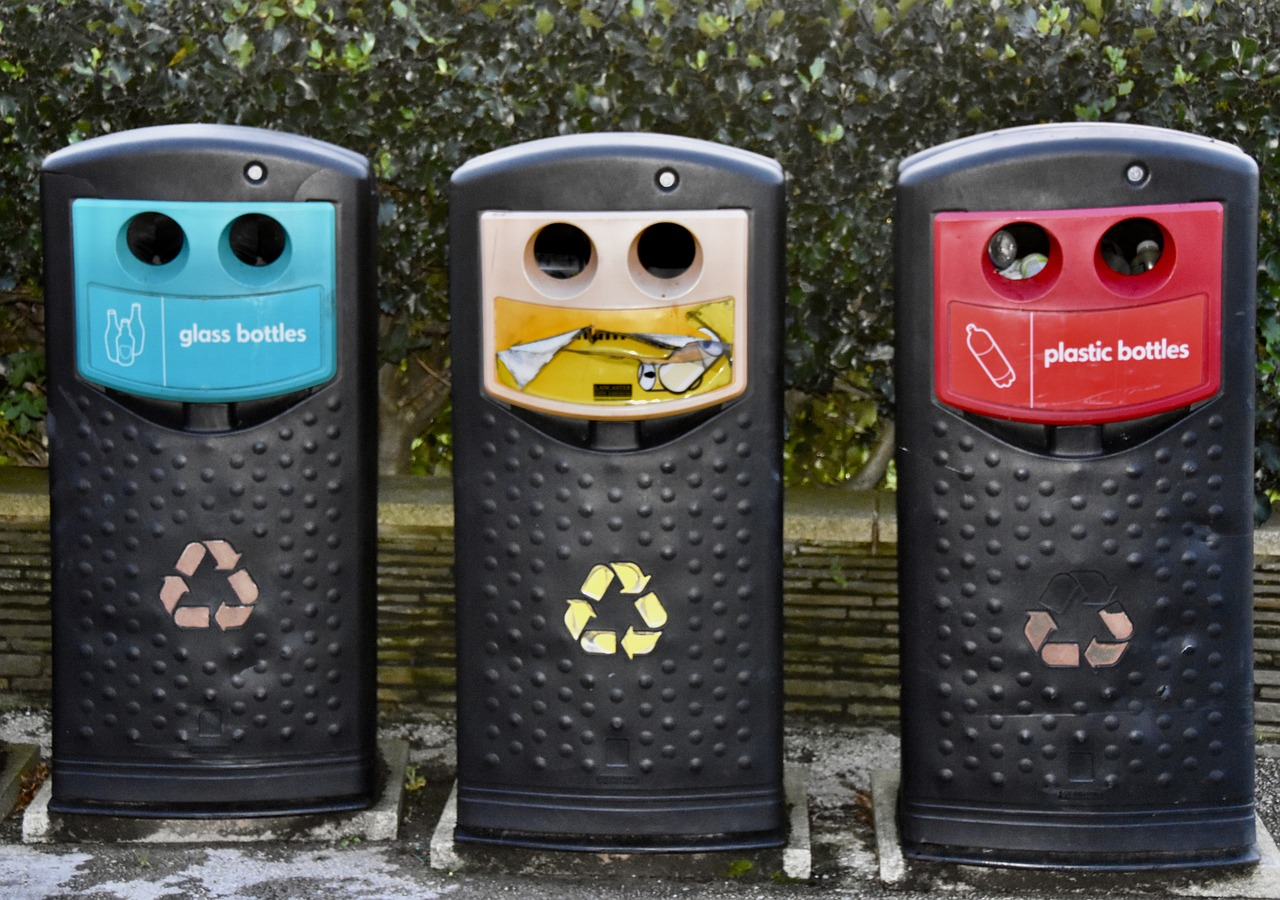
Sharing knowledge can multiply your efforts. Inspire others to recycle better through education and action.
- Host Recycling Workshops: Offer sessions in your community to help neighbors understand local recycling rules.
- Use Social Media: Share helpful resources, recycling facts, and tips to encourage others.
- Participate in Cleanup Drives: Join or organize local events to collect litter and recyclable materials.
Recycling is more than just a habit—it’s a commitment to creating a cleaner, healthier planet. By understanding local rules, preparing materials properly, and avoiding contamination, you can make your recycling efforts more impactful. Expanding your efforts beyond the household bin and focusing on reducing and reusing are powerful steps toward minimizing waste.
Remember, it’s not just about individual actions; it’s also about inspiring systemic change and educating others. Small, consistent efforts like labeling bins, sharing knowledge, and advocating for better recycling systems can create a ripple effect, amplifying your impact.
Together, we can transform our waste habits and move toward a future where resources are conserved, landfills shrink, and recycling systems thrive. Every action you take—no matter how small—makes a difference. Let’s work together to make recycling smarter, cleaner, and more effective for a sustainable planet. Your choices today shape the world of tomorrow.
FAQ
What are the most common mistakes people make when recycling?
Some common mistakes include “wishcycling” (throwing non-recyclables into the bin in hopes they’ll be recycled), failing to clean and dry items before recycling, and recycling contaminated materials like greasy pizza boxes or plastic bags. These errors can contaminate entire batches of recyclables, rendering them unusable.
How do I find out what materials my local recycling program accepts?
Check your local government or waste management website for guidelines on what can and cannot be recycled in your area. Many cities also provide apps or printed materials that list acceptable items. You can also call your local recycling facility for clarification.
Can I recycle plastic bags and bubble wrap?
Most curbside recycling programs do not accept plastic bags or bubble wrap because they can tangle machinery. Instead, take these items to designated drop-off points at grocery stores or specialized recycling centers.
Why is rinsing recyclables important?
Food residue can contaminate recyclables, making them unsuitable for processing and sending them to landfills. Rinsing items like jars, cans, and bottles ensures that they remain clean and usable for recycling facilities.
How can I encourage better recycling habits in my household or workplace?
Place clearly labeled recycling bins in accessible areas, educate family members or coworkers about proper recycling practices, and share local recycling guidelines. Setting collective goals, such as reducing waste by a certain percentage, can motivate everyone to participate actively.
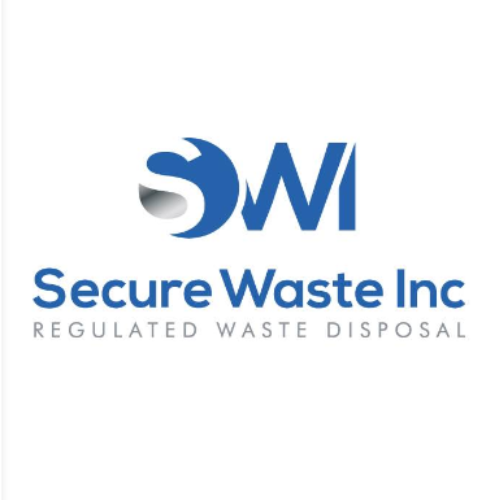
Expert Medical Waste Management: With over 25 years of industry experience, Secure Waste is a trusted local leader in hazardous and biohazardous waste disposal across Maryland, Virginia, and Washington, D.C. Specializing in medical waste management, sharps needle disposal, and biohazard waste removal, the company ensures full compliance with federal, state, and local regulations while prioritizing environmental sustainability.
The company also offers additional services, including secure document shredding and sharps container sales, providing comprehensive solutions for healthcare facilities and businesses. Our cost-effective services help clients maintain regulatory compliance without unexpected costs.
With a commitment to customer satisfaction, Secure Waste offers tailored waste management plans that align with industry best practices. Their team of experts provides reliable, timely, and compliant services, making them the preferred choice for medical waste disposal. For a free waste quote or more information, visit www.securewaste.net
